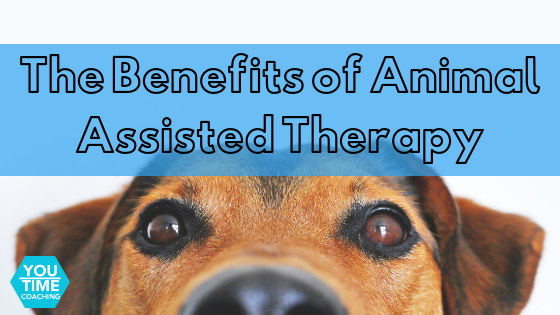It’s been on Dr. Phil.
- Walk by?
- Say Hello?
- Smile?
- Pay no attention at all?
- Approach the person and engage in conversation?
In Comes Animal Assisted Therapy (AAT):
New scenario — it starts the same way, yet the only difference is that the person sitting on the bench is with their dog. Do you react differently in this situation than in the one above? Research shows that people are more inclined to approach an/or engage with others if they have a dog with them (UCLA’s Findings on Animal Assisted Therapy).
Now imagine you or maybe your child, are about to embark upon a first counseling session. This can often make one feel vulnerable. As humans, we tend to be judgemental of ourselves and feel that others may also be judging us. Now imagine that a dog is at the counseling session. Did you smile or maybe feel less nervous about the situation? Does this sound like a welcomed addition to counseling? If so, you are in luck! This practice actually exists and it is called Animal-Assisted Therapy (AAT).
AAT is when a professional in a specific field pair with a trained and certified animal to help enhance his or her practice. For counseling, dogs can function as a distraction, a point of common interest to start the conversation, help in developing the counseling relationship, and be a non-judgemental (albeit passive) participant in the sessions.
Benefits of AAT:
To top it all off, the presence of an animal and/or the act of petting an animal can do the following:
- Release feel-good hormones
- Help reduce anxiety
- Provide comfort
- Be an icebreaker
- Lower blood pressure
- Slow down breathing and heart rate
- Create a more enjoyable counseling environment.
For those who love (or even like dogs) or have children who do this can be a wonderful option when looking for support in your own journey.

